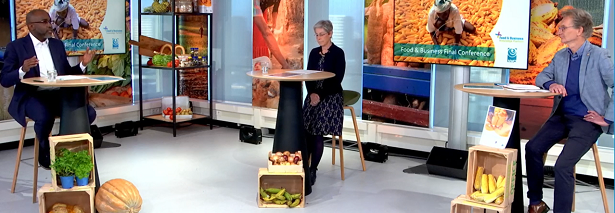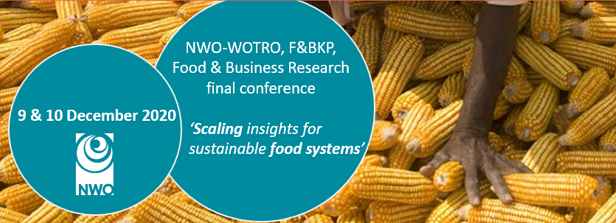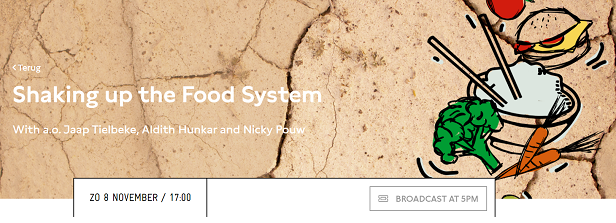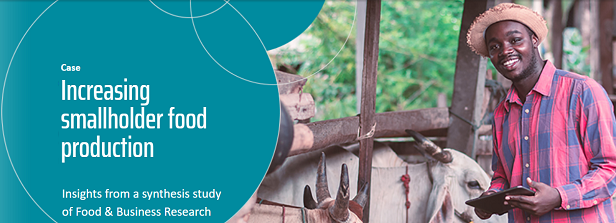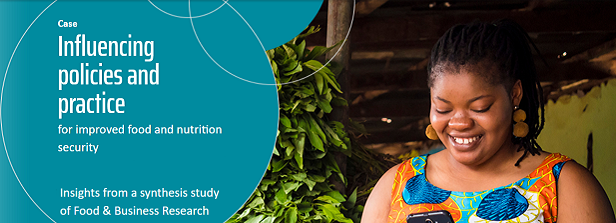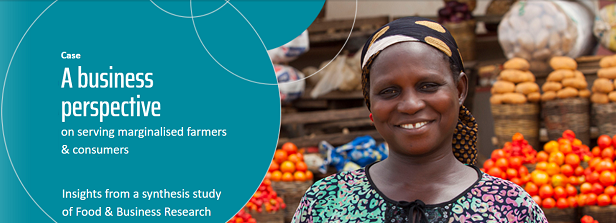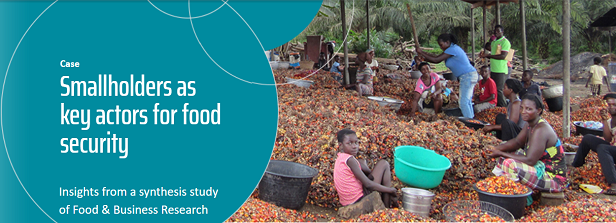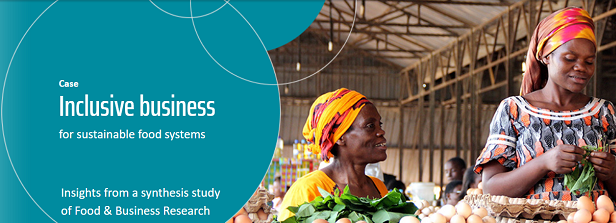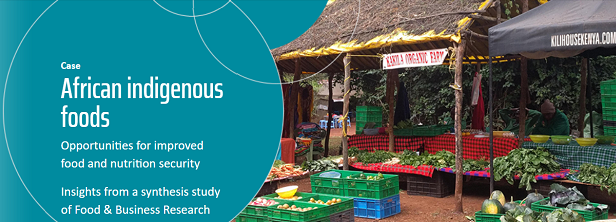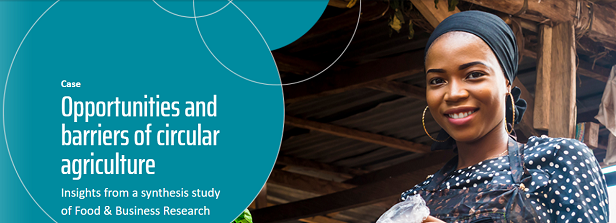Food & Business Research Synthesis Study
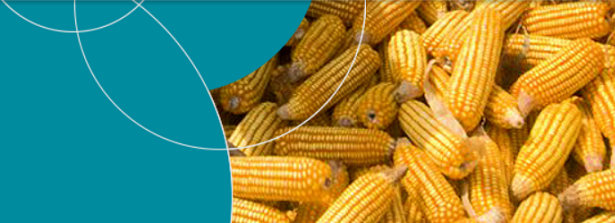
The Global Challenges Programme (GCP) and the Applied Research Fund (ARF) together form the funding instrument Food & Business Research (F&BR), aiming at addressing persistent food security challenges in low and middle income countries. In 2020-2021 a synthesis study of the research projects under F&BR is executed by Daniëlle de Winter and Ellen Lammers.
F&BR focuses on the urgent and growing need for adequate knowledge and solutions for regional and local problems related to food security. Both GCP and ARF are managed by WOTRO, the Science for Global Development department of NWO (The Netherlands Organisation for Scientific Research), are linked with the Food & Business Knowledge Platform (F&BKP) and form part of the Food & Business Knowledge Agenda of the Ministry of Foreign Affairs.
Food & Business Research Synthesis study (2020)
By the end of 2020 the last F&BR projects financed through GCP and ARF will be finalised. Time for NWO-WOTRO, in collaboration with F&BKP to take stock of the achievements. Therefore, a synthesis study of the programme was commissioned, providing insights into research results and outcomes on policy and practice.
The F&BR Synthesis Study is executed by Daniëlle de Winter and Ellen Lammers. Seven studies will be published in the course of 2020-2021:
Thematic Papers
Please find introductions to the articles at the bottom of this page: in the Related articles links are published to the full studies and two-page abstracts or summaries.
- Circular Agriculture
- African indigenous foods
- Inclusive Business
- Smallholder Farmers
- Food Systems
- Climate Smart Agriculture
- Scaling
Outcomes Papers
Please find introductions to the articles at the bottom of this page: in the Related articles links are published to the full studies and two-page abstracts or summaries.
Approach and Assumptions papers
Please find introductions to the articles at the bottom of this page: in the Related articles links are published to the full studies and two-page abstracts or summaries.
Synthesis videos
Videos presenting insights and results of the various papers based on the synthesis study of research projects under the Food & Business Research programme.
- Intro video “Local & indigenous foods” – Food Fight Webinar
- Intro video “Scaling” – Food Fight Webinar
- Final F&BR video
Webinar reports
- September 9, 2020: “Rethinking food production – Opportunities and barriers for circular agriculture“
- April 6, 2021: “Food fight webinar – Smallholders and Food & Nutrition Security” (videos in English)
“Dangerous Assumptions” podcasts
This podcast series challenges deeply held assumptions underpinning research projects in the FNS sector from three LMIC perspectives.
- Episode 1 “More Income = More Food and Nutrition Security?“
- Episode 2 “Small Farmers – Big Chains“
- Episode 3 “Whose Knowledge Counts?“
_ _ _
See also the NWO-WOTRO website.

